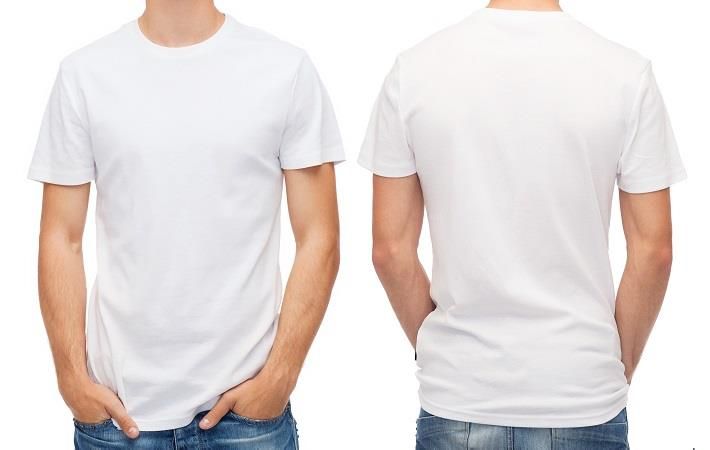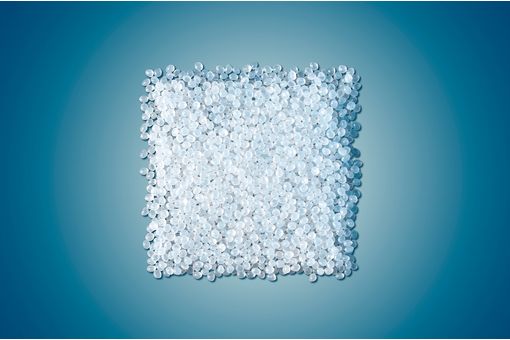Need to look for organic options of garment making: EU

Lifespan of a garment is an important deciding factor in the study of ecological impact of products. The gallons of water used in making it, the amount of scraps needed for the trimming and the transportation cost, all combined creates a t-shirt which is high in carbon footprint, says the EU report titled 'Product Environmental Footprint Category Rules (PEFCR) – T-shirts'.
T-shirts have a standard life span of 52 washes with different raw materials or different production processes, which is considered much less. “The life span of the studied t-shirt corresponds to the number of washes tolerated by the t-shirt. Life span is an important parameter when the environmental impacts of products are studied with Life Cycle Assessment,” states the report that aims at letting consumers make better choices in adopting an eco-friendly organic wear among the available varieties.
As per the report “The Product Environmental Footprint of a t-shirt shall be based on a 'cradle-to-grave' analysis. The cradle to-grave system shall start when resources are extracted from nature and end when the product is treated during the end-of-life after its use phase.”
The report mentions that the journey from raw materials to t-shirt is cumbersome. It validates the findings on the basis of several factors including raw material, fibre, thickness of fibres, manufacturing; user stage that includes washing, drying, ironing; distribution stage, the transportation journey to far off markets; lifecycle; and the end life stage that includes disposal and recycling.
Influencing the buying options of consumers and making them conscious about the harmful aspects of t-shirts, the report concludes, "If a single t-shirt is causing so much of pollution hazards, one should focus on identifying the best green producers or alternative options that enables eco-friendly manufacturers expand market share and encourage production of goods that causes less emission and environment waste."
Fibre2Fashion News Desk (DD)
































-Ltd..jpg?tr=w-120,h-60,c-at_max,cm-pad_resize,bg-ffffff)





.jpg?tr=w-120,h-60,c-at_max,cm-pad_resize,bg-ffffff)
.jpg?tr=w-120,h-60,c-at_max,cm-pad_resize,bg-ffffff)






